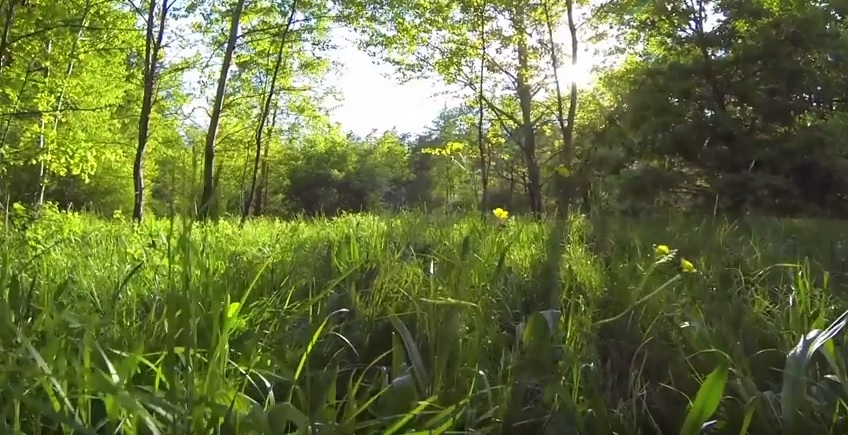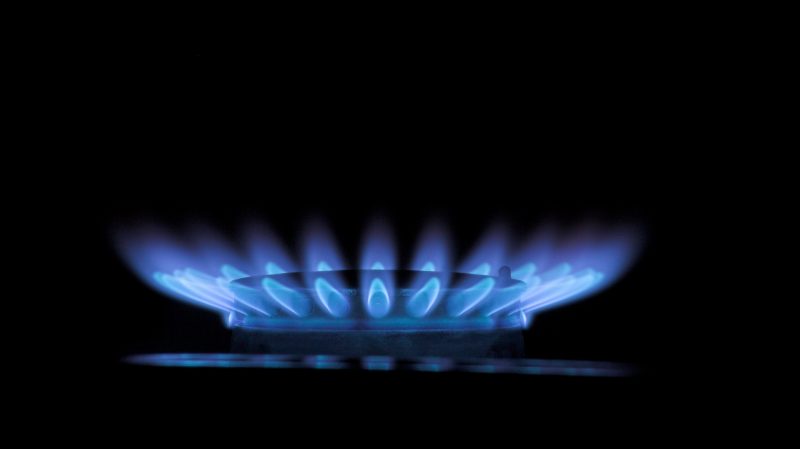On August 29, 2018, the U.S. Environmental Protection Agency (EPA) issued a press release “EPA Acting Administrator tours Ohio to promote ACE rule,” his proposed Affordable Clean Energy rule. According to the release, the Trump Administration’s proposed rule will...
Energy
First Nations and Liquefied Natural Gas Development
The division and acrimony between First Nation communities over the Trans Mountain pipeline expansion project can often mask the many examples of Indigenous communities that have successfully signed agreements with resource companies. For example, how many Canadians...
Trans Mountain Caught in Never-ending Trance
"The current state of affairs in Canada is such that building a pipeline to tidewater is practically impossible," says Alberta Premier Rachel Notley. Truer words were rarely spoken. These ones were spoken at an August 30 press conference as the courts set back the...
LNG Canada Is Another Multiple Win for Consumers, Workers, Business, Environment
Recently, the consortium of large multinational firms (Shell, PetroChina, Petronas of Malaysia, Korea Gas, Mitsubishi) that collectively own pieces of the planned LNG Canada project to be built at Kitimat on the northwest coast of British Columbia, announced that...
Featured News
China’s Intensifying Estrangement and Nativism may Make its Scientific Progress Stagnate
One of the most notable features of Nazi regime in Germany was its anti-intellectualism. While it claimed to be in the forefront of scientific and technical advances, its ideology and totalitarian rule made free enquiry and interchange between scientists and other...
Evasive Accountability: A New Norm for Police and Security Services in Canada
Since the founding of this country, a totalitarian, closed form of government has been considered unacceptable and un-American. The public assumes they have the freedom to be left alone and to live a life in privacy, while the government is believed to be open...
Solomon Off Target – Part II
Quote from Solomon’s Article:
Smart-grid additions have no economic justification – they merely support large-scale wind and solar generation, which also have no economic justification. The National Post
The above is a very strong categorical statement that reminds me a lot of the dogmatic insistence of global warming advocates that the “science is settled.” In this case, the insistence is that the technology has failed, the markets have spoken.
The problem with Lawrence’s assertion is that technology does not stand still and markets are dynamic when they are allowed to function. Producing oil from oil sands and natural gas from shale formations was once uneconomic. Today, those energy production techniques produce billions of dollars of profits and offer us a secure supply of energy. Is it possible that renewable production techniques might follow that path?
Solomon Off Target
The south zone would be treated more as a green zone, to have the province’s politically correct southern voters bear the lion’s share of the costly “smart-grid” additions to the grid. Smart-grid additions have no economic justification – they merely support...
Big Oil and Republicans funding Frontier’s evil agenda?
If you are a reader of the Winnipeg Free Press you may have noticed the thought-provoking series of commentaries on Manitoba as a Supplicant Society by Law Professor Bryan Schwartz. Yesterday's instalment, entitled Watchdog or Poodles, generated the usual stream of...
Community Power – An Alternative Path?
Caution: Readers who reject the concept of feed in tariffs are advised to hide any objects that can be damaging to a computer before reading the following post.
Paul Gipe has produced an interesting article profiling the state of energy development in the German state of Schleswig-Holstein. This state has migrated towards a quite different model of utility asset ownership and control, one with broad-based participation by independent power producers instead of one dominated by a handful of large corporations.
Nordfriesland has one of the highest concentrations of wind generating capacity on record: more than 400 kW per square kilometer. And more than 80% of that is owned locally, either directly by farmers, or by local investors. In 2007 wind turbines owned by some 6,000 farmers and local investors–4% of the population–in Nordfriesland generated 1.3 TWh
Bio-Mass Ethanol
Producing ethanol from bio-mass materials such as ag and forestry residues or purposely grown trees and grasses is proving to be a complex technology challenge. It will be easy along the way for critics, like this one at Grist, to claim the effort is a fools errand (see middle on comments re ethanol). While this is a critical commentary about the technology, it may be worthwhile to review the links contained within it.
Green Point – Counter Point
In my reading about green issues, I have often run across the assertion that investing in energy efficiency is a losing proposition in terms of reducing energy use. The assertion is that as efficiency is increased, the marginal price of the good decreases, leading to overall more aggregate demand.
The New Yorker has focused attention on this assertion this week in an article written by David Owen. The Breakthrough Institute has added some commentary on the article and has posted additional research on the topic in the past.
California Renewable Energy
Cal ISO this month announced it would begin to integrate energy storage devices like batteries and flywheels into the grid.
Oil Sands vs. Wind Turbines: A bird’s perspective
Frontier’s new video on the oil sands versus wind turbines from a bird’s perspective.
Getting Society off the Climate Change Bandwagon
Tom Harris reviews the current state of research in the field of climate science. He finds that there is no consensus in the area, and that many qualified experts dispute predictions of an impending climate crisis.



